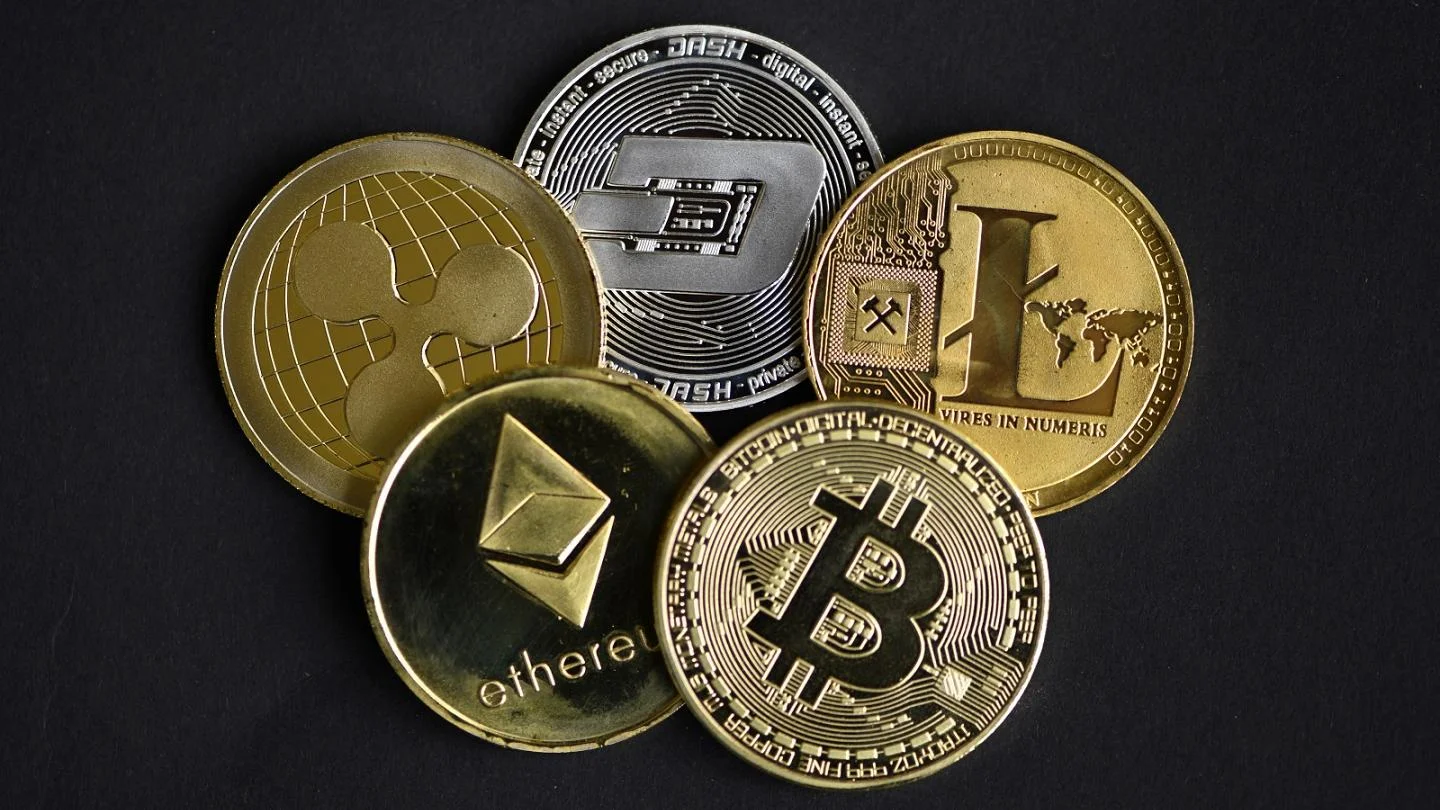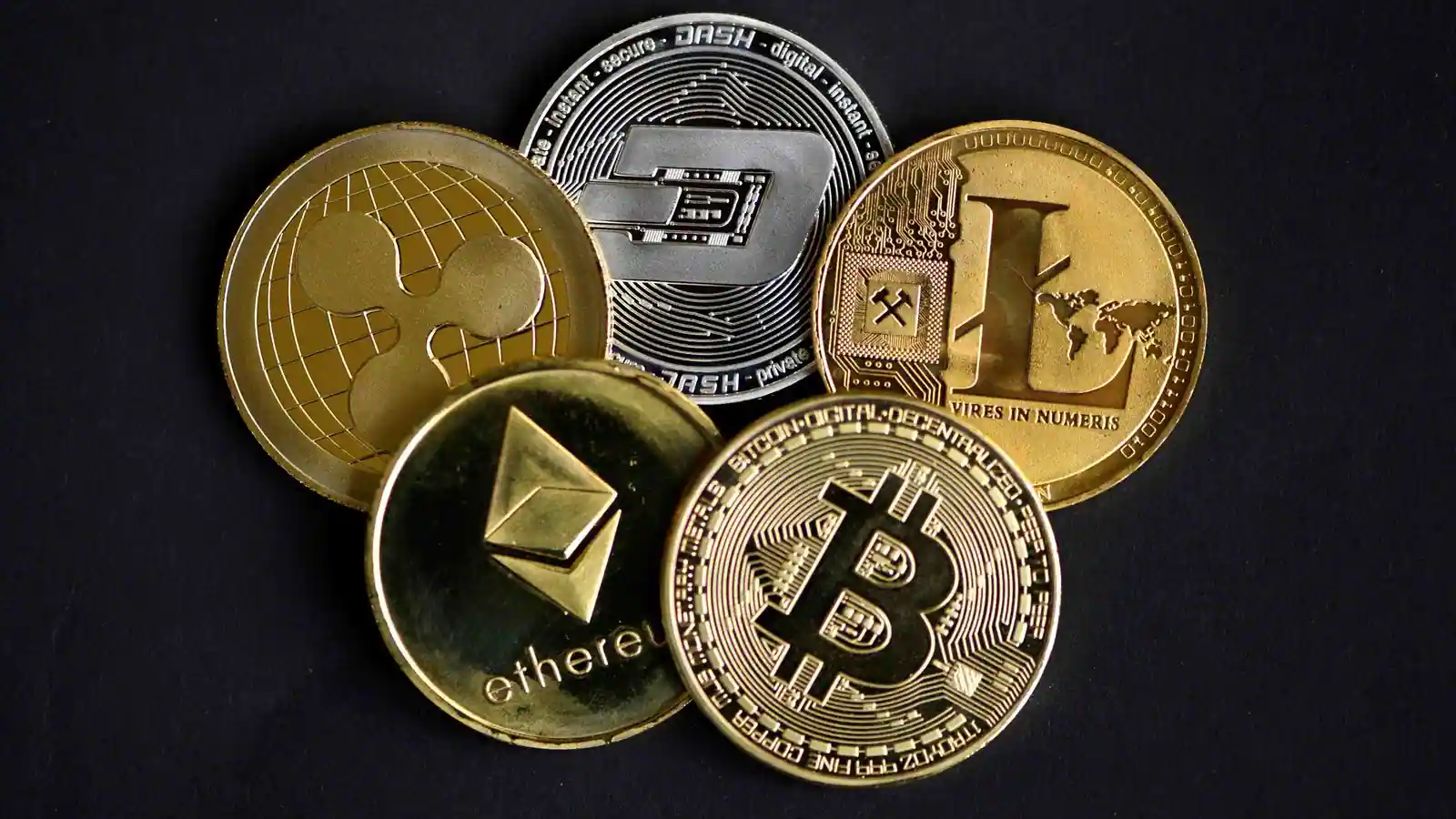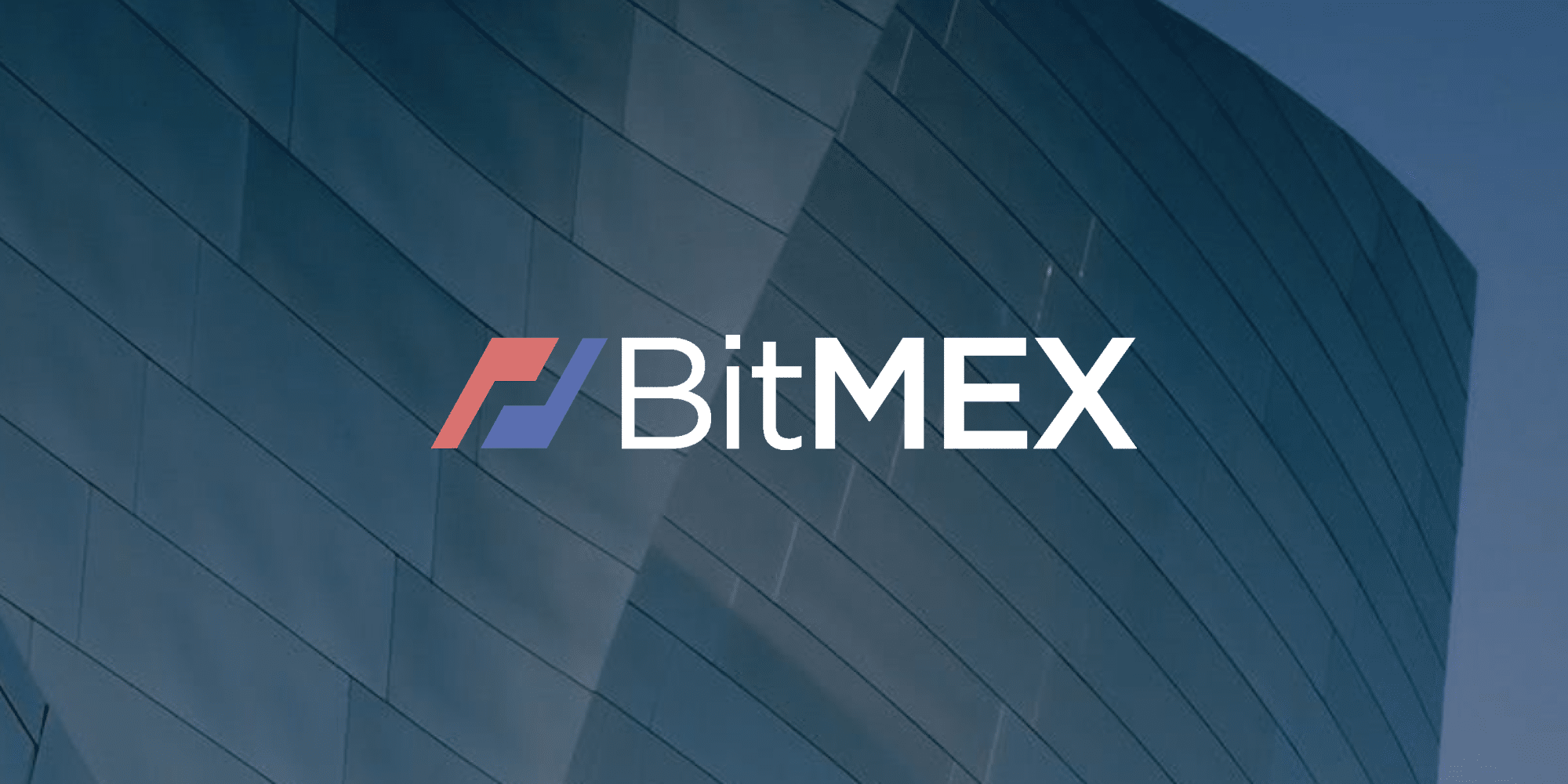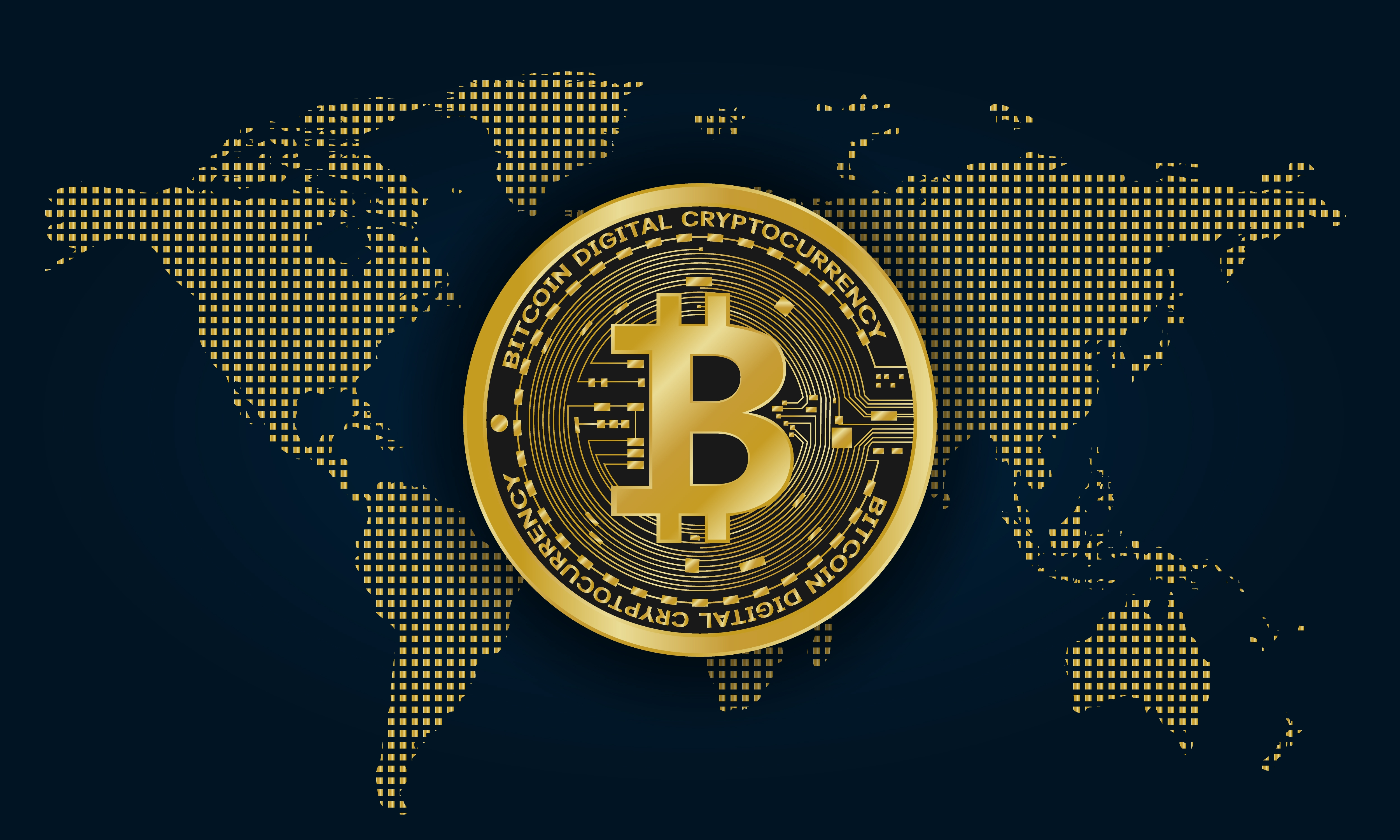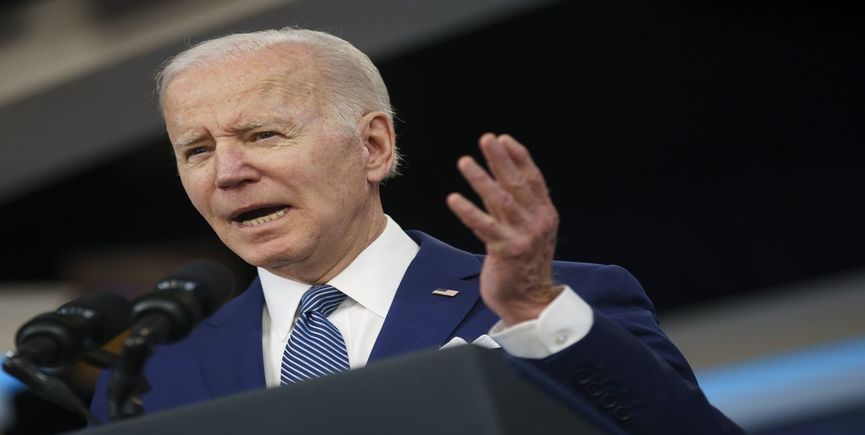
- June 16, 2021
Some digital coins, including 'Meme Currencies' like Dogecoin, are prohibited from being traded in Thailand.
Thailand has announced a limited ban on cryptocurrency trading, focusing on meme coins and non-fungible tokens (NFTs). Digital asset exchanges are prohibited from offering services in respect to these tokens by the Securities and Exchange Commission (SEC).T
he new resolution was approved by the SEC Board of Directors on June 9, 2021. According to SEC Secretary-General Ruenvadee Suwanmongkol, the board passed the new law under the “Rules, Conditions, and Procedures for Undertaking Digital Asset Businesses,” which went into effect on June 11 after being published in the Government Gazette.
The country's crypto exchanges are not allowed to list utility tokens or certain types of cryptocurrencies, according to the law. Meme tokens, Fan tokens, Non-fungible tokens (NFT), and Digital tokens are examples of these. The Thai SEC has ordered that digital asset exchanges delist these within 30 days of the notice's effective date, which is June 11.
The Thai SEC states that the new regulatory guidelines are intended to protect the interests of digital asset traders. It states that meme coins have "no clear objective, substance, or underlying" and that their value is heavily influenced by social media trends. Dogecoin, SafeMoon, and Shiba Inu are some well-known examples. Similarly, the SEC identifies Fan tokens as being “tokenized by the fame of influencers,” making them unsuitable for traders.
The Thai Securities and Exchange Commission also outlawed NFTs and tokens "issued by digital asset exchanges or connected people," generally known as exchange tokens by traders. NFTs serve as certificates of ownership for one-of-a-kind digital artwork, whereas exchange tokens are those provided by cryptocurrency exchanges to their users in order to facilitate additional investments or transactions.
The new guidelines also state that “in the event that digital tokens issued by their own exchange or affiliated people are listed on the exchange,” the exchanges must “set a requirement to be imposed.” If a token issuer does not follow the white paper and other applicable criteria, the tokens may be delisted from the exchange.
Thailand's recommendations are the most recent attempt by a country to control its bitcoin business. El Salvador became the first country to recognise Bitcoin as legal cash last week. Last month, China, on the other hand, cracked down on private cryptocurrency mining, primarily targeting Bitcoin. It will be intriguing to see what the future holds for the most popular result of blockchain technology, as governments around the world continue to adopt diverse approaches to crypto use.

